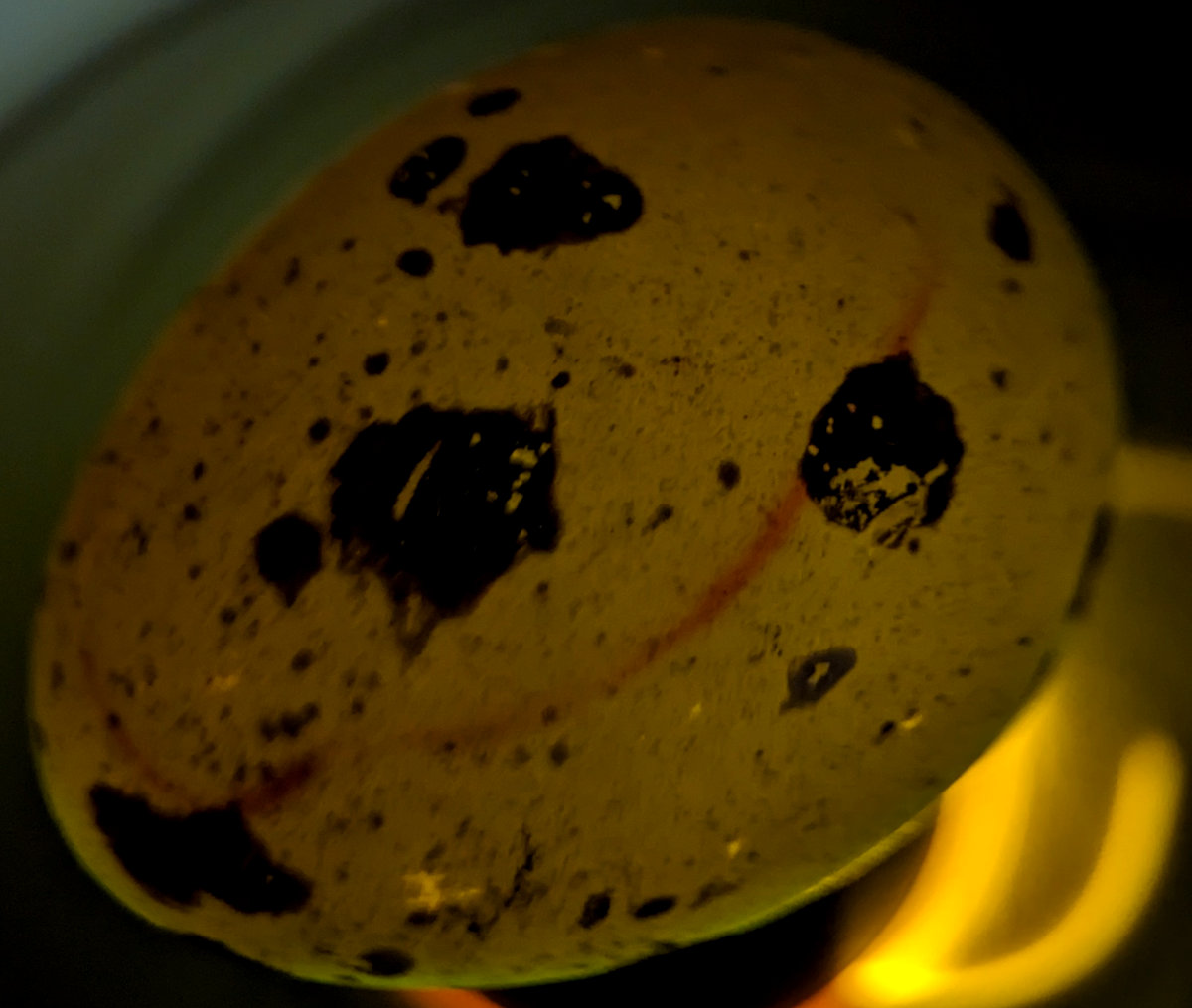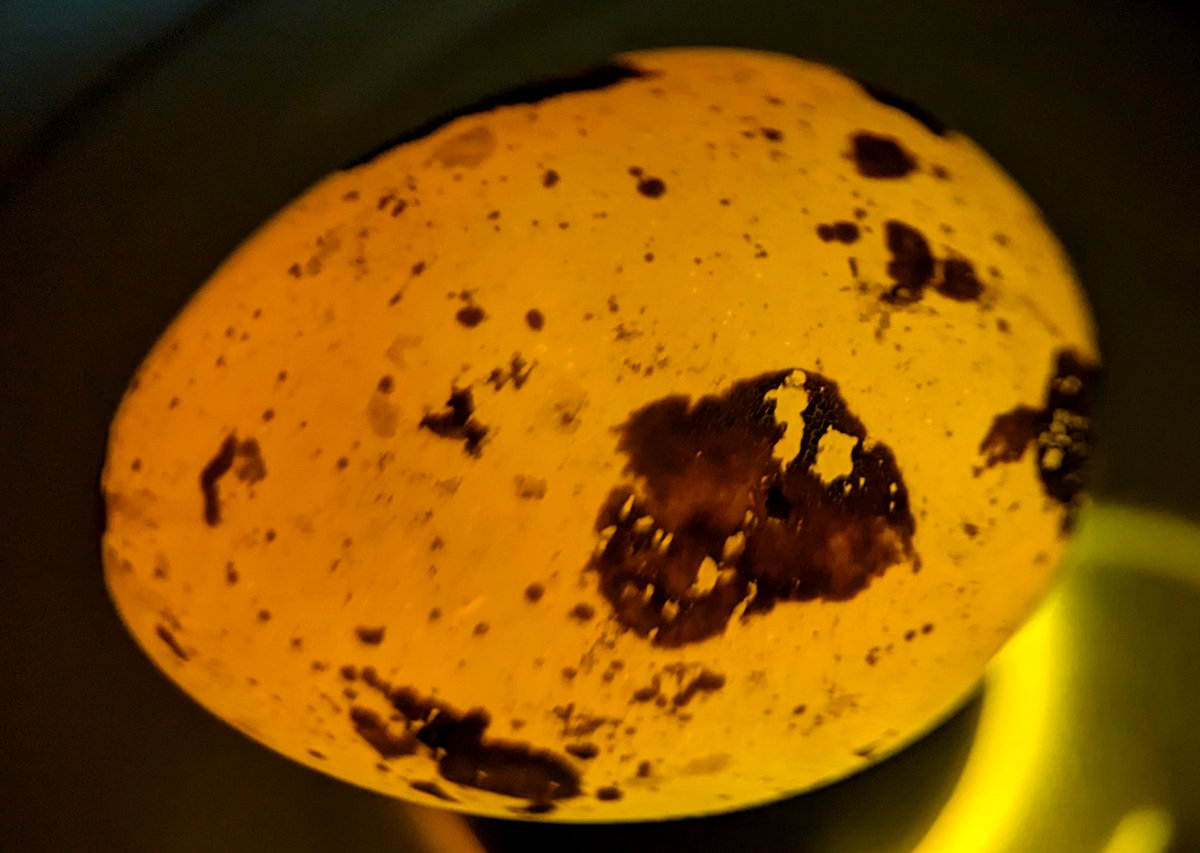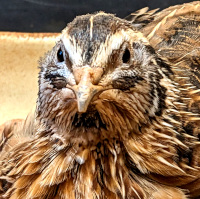Why your quail eggs are not hatching and what to do about it.

If you are having trouble hatching quail eggs, there are a few things you can check to see what is wrong.
Here are some of the most common reasons why quail eggs do not hatch, and what you can do to improve your hatch rate:
- Infertile eggs. If the eggs are not fertilised, they will not hatch. You can check the eggs for fertility by candling them on day 5 of incubation. If you do not see a dark spot in the centre of the egg, the egg is not fertile.
- Poor nutrition or care of parent birds. Vitamin and mineral deficiencies can be responsible for eggs not hatching.
- Mistakes made when collecting, choosing or storing the eggs.
- Lack of equipment maintenance. Failing incubators or egg turners are common causes of bad hatch rates.
- Poor hygiene and cleaning. Infection kills many embryos.
- Opening the incubator too often or during critical stages of hatching.
- Not enough ventilation. Eggs need a steady supply of oxygen and carbon dioxide needs to be removed.
- Eggs that are too old. Quail eggs should be incubated within 7 days of being laid. Eggs that are older than 7 days have a lower chance of hatching.
- Temperature problems. The temperature of the incubator is critical for hatching quail eggs. The temperature should be kept at 37.5 degrees Celsius (99.5 degrees Fahrenheit) for the first 14 days of incubation, and then lowered to 37 degrees Celsius (98.6 degrees Fahrenheit) for the remaining 4 days. If the temperature is too high or too low, the eggs will not hatch.
- Humidity problems. The humidity in the incubator is also important for hatching quail eggs. The humidity should be kept at 50-60% for the first 14 days of incubation, and then increased to 70-80% for the remaining 4 days. If the humidity is too low, the eggs will not hatch.
- Eggs that are damaged. Eggs that are cracked or have other damage will not hatch. Be careful when handling the eggs, and do not wash them before incubating them.
- Disease. If the eggs are infected with a disease, the embryos will not hatch. If you suspect that the eggs may be infected, you can consult with a veterinarian.
- Shipped eggs can be damaged. Transporting the eggs can damage the embryo and membranes.
If you have checked all of these factors and you are still having trouble hatching quail eggs, you may want to consult with an experienced poultry farmer or hobbyist.
The likely cause of infertile eggs and the action to take to correct the problems:
| Cause of clear infertile quail eggs. | Corrective action. |
| Parents malnourished. |
|
| To few males in flock. |
|
| To many males in flock causing competition and stress. |
|
| Disease among breeding birds. |
|
| Injuries or frostbite. |
|
| Crowding. |
|
| Sterile breeders. |
|
| Eggs damaged. |
|
| Eggs stored incorrectly or for too long. |
|
Dead embryos during the early stages of incubation have several distinct causes.
Below: Clear infertile egg. High percentages of clear eggs have many causes.

| Cause of early dead in shell. | Corrective actions. |
| Incubation temperature above 103 Fahrenheit (39.5 Celsius) |
|
| Interrupted or improper egg turning. |
|
| Inherited genetic defect. |
|
Poor ventilation or incubation at high altitude. |
|
Vitamin or mineral deficiency in breeding stock |
|
They may be able to help you identify the problem and find a solution.
Here are some additional tips for hatching quail eggs:
- Use a quality incubator that is designed for hatching quail eggs.
- Turn the eggs 3-4 times per day.
- Monitor the temperature and humidity in the incubator regularly.
- Candle the eggs on day 5 and day 14 to check for fertility and development.
- Remove any infertile or dead eggs from the incubator.
- Be patient! It can take up to 20 days for quail eggs to hatch.
With a little care and attention, you should be able to hatch healthy quail chicks from your eggs.
